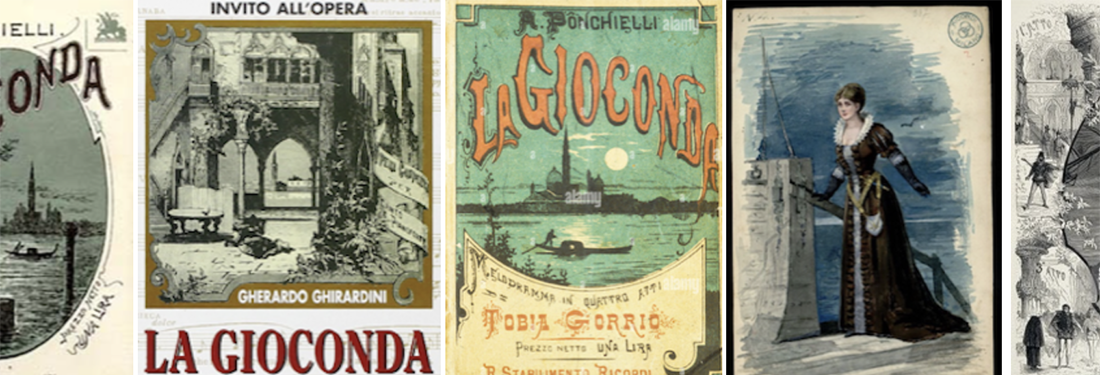
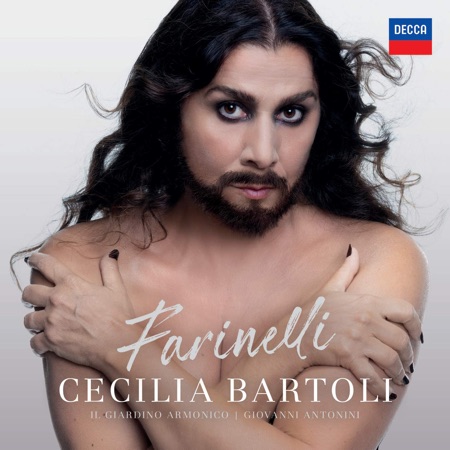
Today brings new offerings from Cecilia Bartoli, Karina Gauvin, Simone Kermes, Sunhae Im, Kate Lindsey, Anthea Pichanick and Sarah Traubel. Each CD features rarely heard arias and cantatas and include many world premiere recordings but inevitably the singing ranges from the sublime to the… well, otherwise.
Queen of canny marketing Bartoli began teasing her latest project months before its release. Gender-bending photos and accompanying footage of the mezzo in heavy eye makeup, flowing hair and a quite-becoming beard elicited both appreciative hosannas and aghast pearl-clutching.
If her hirsute appearance originated from Christoph Loy’s Salzburg production of Handel’s Ariodante several years earlier, it produced an irresistible segue to Farinelli, Bartoli’s latest concept album.
Some greeted the new CD with yawns as recordings dedicated to the most famous of castratos have become rather common. Over the past decade alone, Philippe Jaroussky, David Hansen, Valer Sabadus and Ann Hallenberg have each released CDs devoted to arias composed for Farinelli.
A few online commentators also whinged that Bartoli hadn’t discovered any “new” pieces as most of the arias on Farinelli have already been recorded. But I suspect that Bartoli’s enormous fan base will likely have heard few of these gems before.
Having celebrated her 30th anniversary with Decca several years ago, the ebullient Italian mezzo’s instantly recognizable voice has changed remarkably little over the years. Those who have embraced her will find much to savor in these 11 arias, but those who shun her fussy idiosyncrasies should probably skip Farinelli. The mannered, almost whispered approach to slow arias often irritates as much as it bewitches, and the machine-gun, super-fast coloratura inevitably makes me long for a more effortless legato approach.
Three arias from Porpora’s Polifemo are the disc’s standouts and include the hit “Alto Giove” which expectedly also turns up on the Jaroussky, Hansen, Sabadus and Hallenberg collections.
I’d have preferred an all-Porpora disc myself but tasty morsels by Hasse (two excerpts from his Marc’Antonio e Cleopatra), Giacomelli, Caldara and Farinelli’s brother Riccardo Broschi aptly showcase Bartoli’s signature infectious enthusiasm vibrantly accompanied here by Il Giardino Armonico conducted by Giovanni Antonini. But—truth be told—I find listening to Bartoli exhausting after 20 or so minutes!
She will celebrate her 54th birthday in June one month after Gauvin turns the same age. The Quebecois soprano has built an impressively wide-ranging discography but she has always particularly shone in 18th century music. Her new disc Nuits Blanches echoes one of Bartoli’s collections from some years back.
While the mezzo’s St. Petersburg featured arias by itinerant Italian composers written for the Russian court, Gauvin’s brings us works by native composers like Dimitri Stepanovitch Bortnianski and Maxime Sozontovitch Berezovski. If the CD offers no startling revelations, the arias are attractive, accomplished works that occasionally reminded me of Haydn’s dramatic vocal compositions. Some are set to Italian texts by Metastasio and most fall pleasantly on the ear but I didn’t feel an immediate urge to relisten.
The strongest music, however, proves to be extended excerpts from Gluck’s Armide. The notes reveal Berlioz on a visit to Russia in 1867 programmed a good deal of Gluck’s music which was then embraced by local composers. But that tangential connection seems a flimsy reason to devote a third of the disc to a work that has nothing to do with CD’s subtitle: Airs d’opéra à la cour de Russie au XVIIIe siècle!
More so than Bartoli, Gauvin displays a few signs of the advancing years. Her previously glowing top register now is a bit worn and the fiery demands of Armide cause her uncharacteristic strain. But for the most part her easy, golden sound resounds particularly in a pair of arias from. Bortnianski’s Alcide in which she appears as the young boastful Hercules.
While one can understand that the soprano wanted to record her signal Gluck success, Gauvin as Armide can be heard in finer form in a 2013 broadcast.
An especially engaging feature of Nuits Blanches is the effervescent playing of the Pacific Baroque Orchestra under Alexander Weimann whose sparkling pianoforte continuo is an illuminating delight throughout.
Another oft-recorded veteran, Simone Kermes (born in 1970) has just put out Inferno e Paradiso, yet another of her crazy quilts: unfortunately, more Inferno than Paradiso awaits listeners. Deftly chosen rare baroque arias alternate with contemporary head-scratchers like Led Zeppelin’s “Stairway to Heaven.” A startling transition leads Lady Gaga’s “Poker Face” directly into the sublime “Erbarme dich” from Bach’s St. Matthew Passion!
In the early 2000s Kermes’s Handel recordings with Alan Curtis, beginning with their exciting collaboration on La Maga Abbandonata, revealed her fine flair for baroque music which even then occasionally went awry with squeezed, straight-toned phrases. YouTube soon became littered with videos of Kermes’s manic gyrating through coloratura showpieces. As the years passed, she stopped being hired for complete opera recordings or stage productions; her eccentricities multiplied though she usually remained quite listenable.
I understand she hasn’t appeared on stage since Rameau’s Platée in 2014 with Les Arts Florissants in which she was vocally miscast as the perhaps providentially-named La Folie.
Nowadays her scoopy misguided antics have become nearly unbearable. Both this disc in collaboration with Amici Veneziani and last year’s all-Handel CD contain mere sad shadows of a once considerable talent. She frequently sounds parched and out of breath despite faint glimmers of her formerly fearless élan.
Korean soprano Sunhae Im will be most familiar from the many recordings and opera and concert performances she’s done with conductor René Jacobs for nearly two decades.
I have enjoyed her in the past but less so in broadcasts and recordings from the past few years, so I approached her ambitious new CD Didone Abbandonata with some trepidation.
Although a pert soubrette is scarcely what one might imagine as the tragic Queen of Carthage, several numbers are winningly done. Standouts include a lilting “Quante volte” by Ristori and a captivating Leonardo Vinci aria featuring Im sparring with a trilling recorder.
However, her glassy top register has grown more bottled up particularly when she puts pressure on it. Thus, the fiercely dramatic cantatas by Jommelli and Porpora find her strained and unconvincing as a betrayed regent.
After Dido, another classical heroine arrives with Arianna, Lindsey’s new CD featuring cantatas by Alessandro Scarlatti, Handel and Haydn.
Though her strenuous efforts as Nerone in the Met’s recent Agrippina won her some critical plaudits, I found much about her restless performance off-putting and erratically sung.
For much of Arianna she’s been recorded like a pop singer just centimeters from the microphone. Possibly this was an attempt to create intimacy but more likely she’s holding back to keep the voice light and agile: it’s too bad that she just ends up sounding unsteady. Only rarely does she let out her blooming mezzo and then it can turn rough and hectic. Despite stirring moments here and there in the Handel and particularly in the Haydn, overall this CD should probably be left on Naxos.
A much happier mezzo experience can be discovered on the young Pichanick’s Motets Napolitains. I wonder about the French singer’s billing as a contralto, but she does revel in her lush middle register in the rapt Scarlatti motet “Totus amore languens.”
The under-appreciated Porpora crops up again with a lively and florid “Regina Coeli,” and although Pichanick handles its brisk coloratura ably, she lacks the effortless insouciance the composer surely expected. The first time I listened to Motets Napolitains, I found it agreeable but not especially memorable, but the more I have listened especially to Leo’s fizzy “Turbido caelo mare furentes” I’ve become more and more impressed by the disc and Pichanick’s quietly intense musicality.
She’s superbly accompanied by virtuosic violinist Thibault Noally and his excellent Les Accents. With the same ensemble and leader, Pichanick can be heard in the title role of Scarlatti’s opera Il Mitridate Eupatore.
The most baffling recording I’ve come across recently, Arias for Josepha, contains works composed for or sung by the accomplished third sister of Mozart’s wife Constanze and the more flamboyant Aloysia. Josepha Weber was the composer’s first Queen of the Night in Die Zauberflöte and indeed both of that character’s arias feature prominently on Traubel’s unfortunate CD.
Traubel, whose name I’d not previously run across, claims family connections to both American Wagnerian Helen Traubel and German conductor Günter Wand. Her program of fearsome arias by Süssmayr, von Winter and others in addition to seven Mozart pieces would ordinarily be compulsively seductive, but her harsh soprano and problematic technique make listening a downright trial.
While one might be pleased to encounter Traubel at a small German opera house as the Queen, the unforgiving close-up scrutiny of a recording fails to serve as the introduction to a new star, normally the raison d’être of such an enterprise.
A pinched high register descends to a covered middle in demanding arias that sometimes force her to slow down the tempo just to get through the fiendish coloratura in, for example, the spectacular “Bella fiamma” from Righini’s Il Natal d’Apollo.
One would be better off searching out Diana Damrau’s Bravura or Sabine Devieilhe’s Mozart:The Weber Sisters for superior renditions of arias from this too rarely explored classical repertoire. Sony Classics produced both the Traubel and Kermes recordings and one wonders what on earth inspired the company to release them.
With time on my hands, I did a little math: of the 59 arias, motets or cantatas found on these seven discs, more than half—36—I’d never heard before!
That degree of unfamiliarity won’t true in the next review which will tackle CDs of vocal music by Handel and Vivaldi. In the spirit of equal opportunity, it will include several male singers (admittedly ones with high voices)!
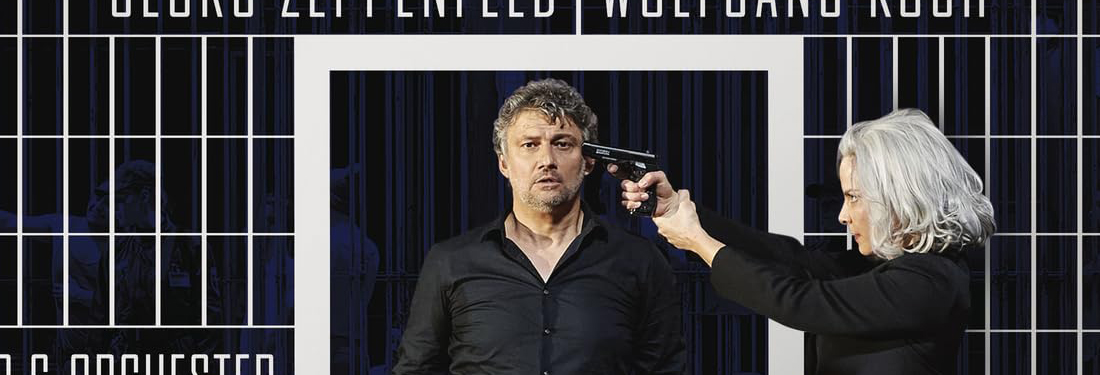
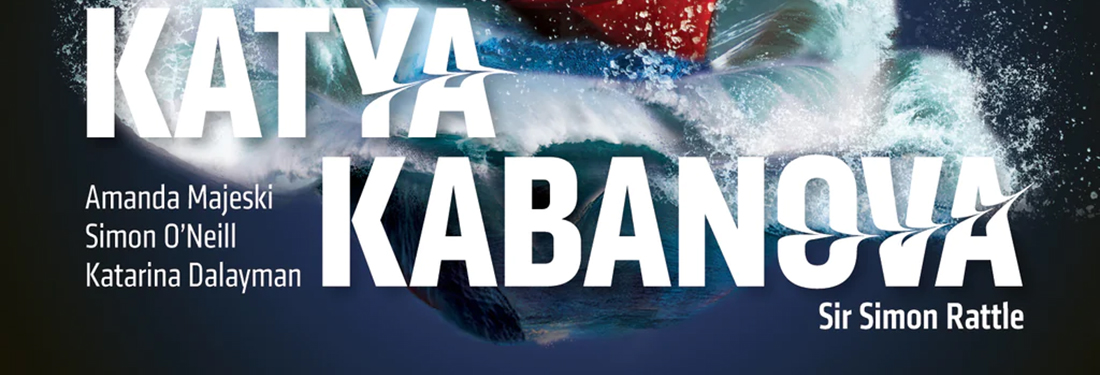

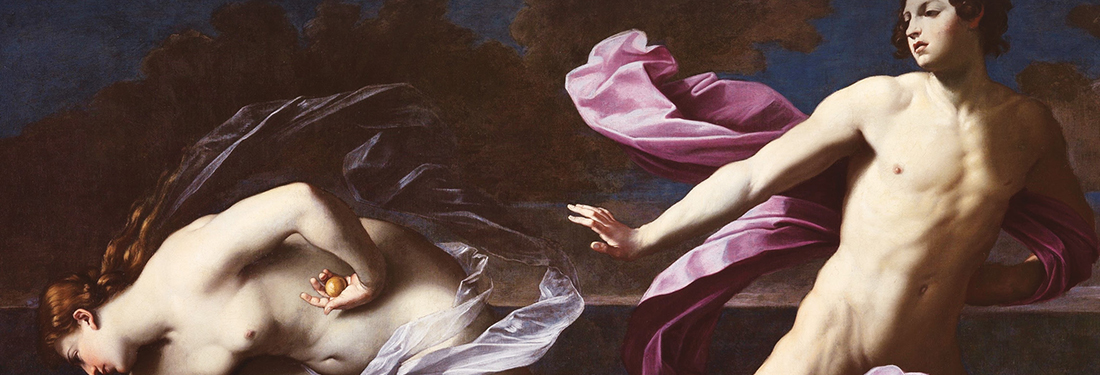
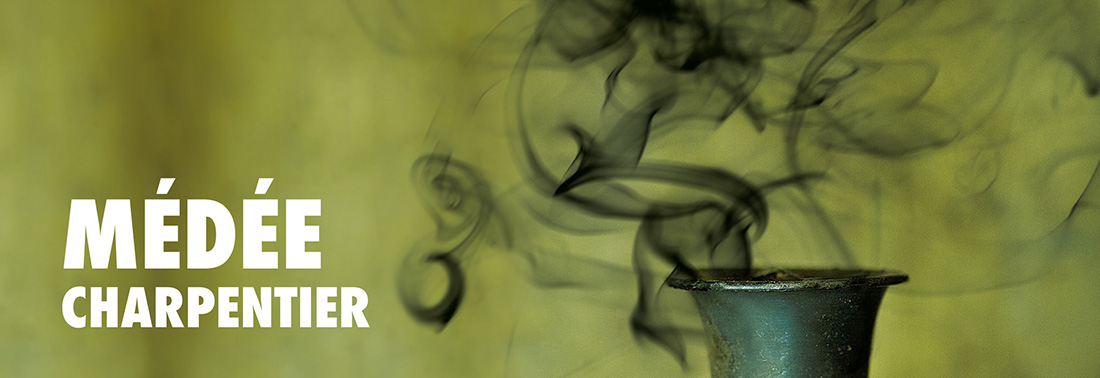
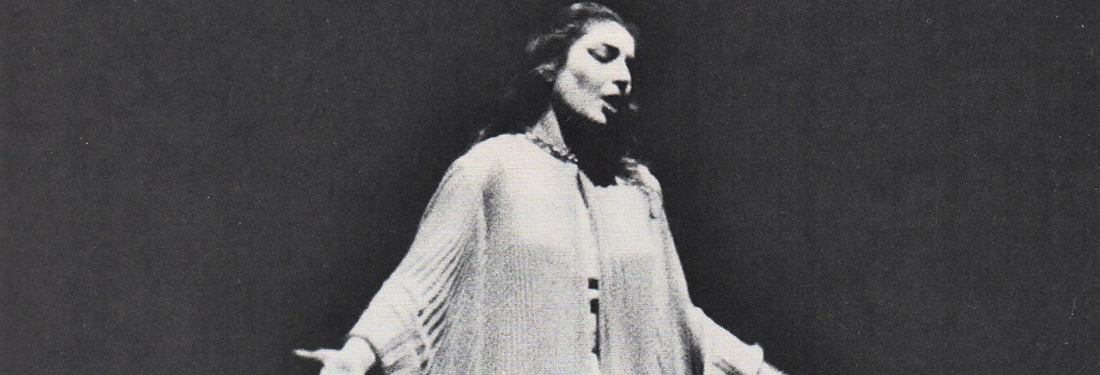
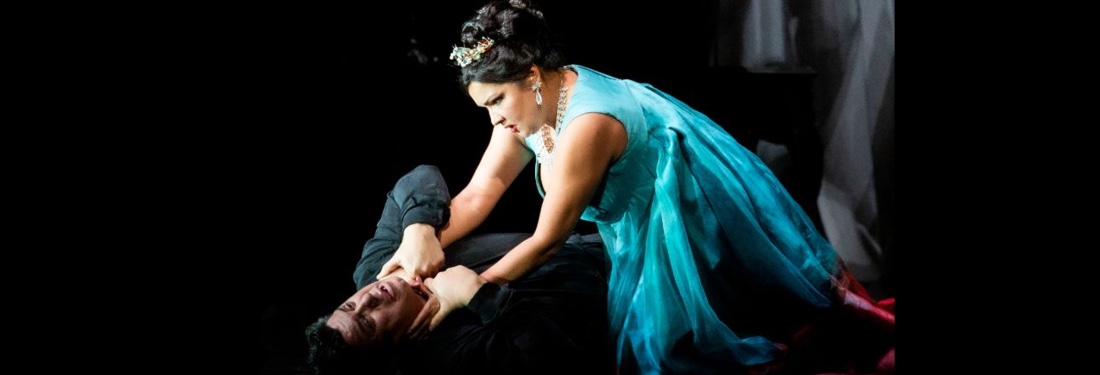

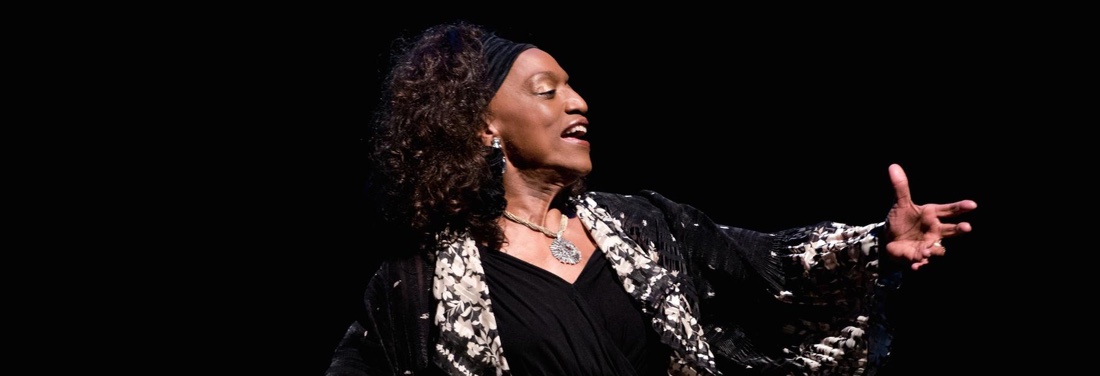


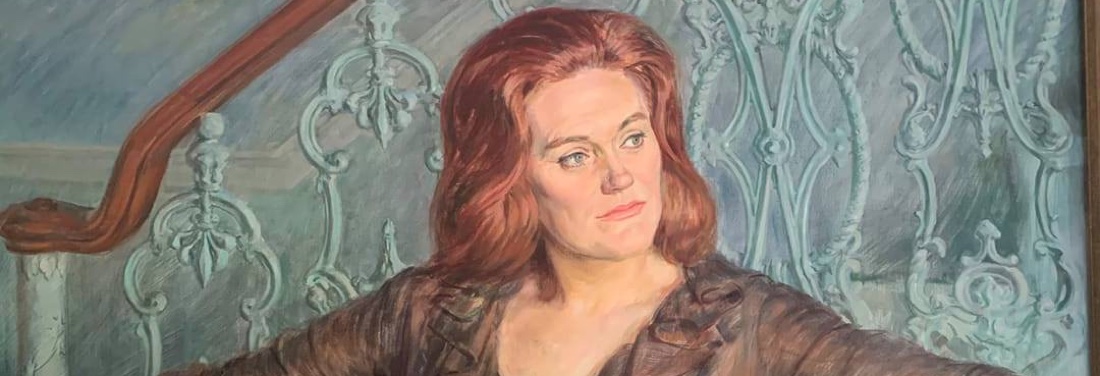
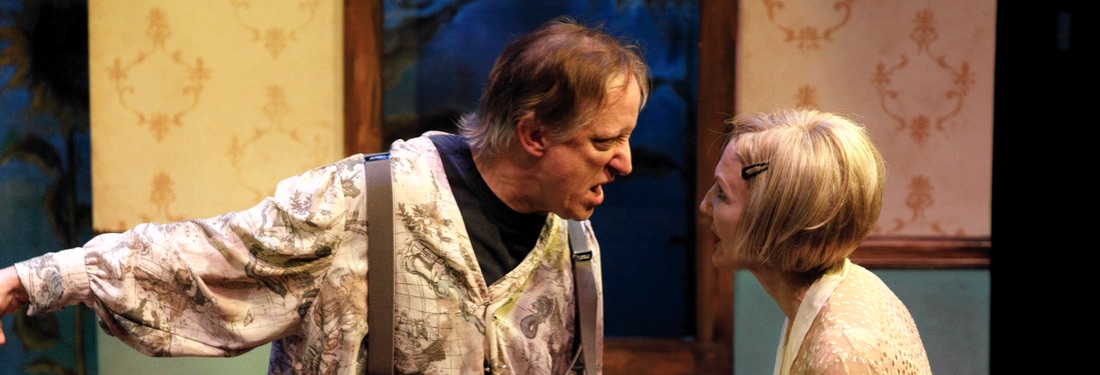
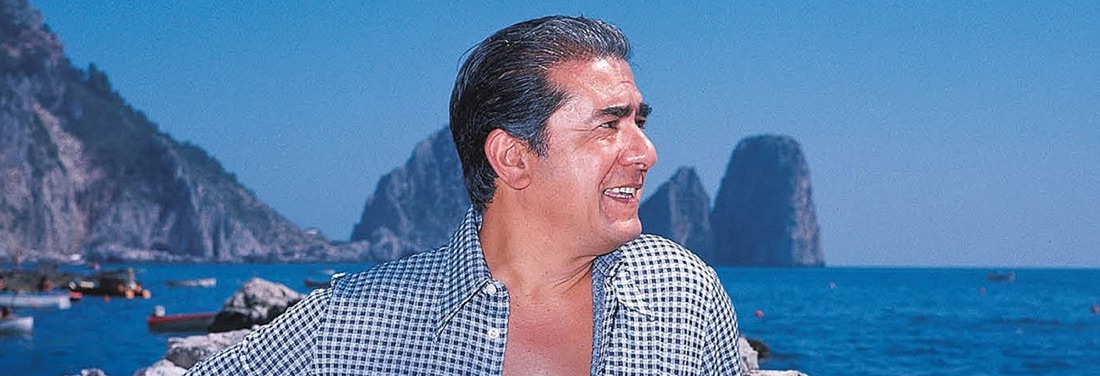
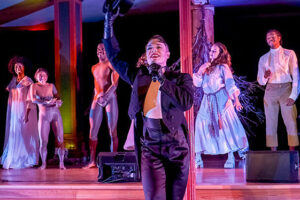



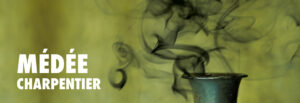




Comments